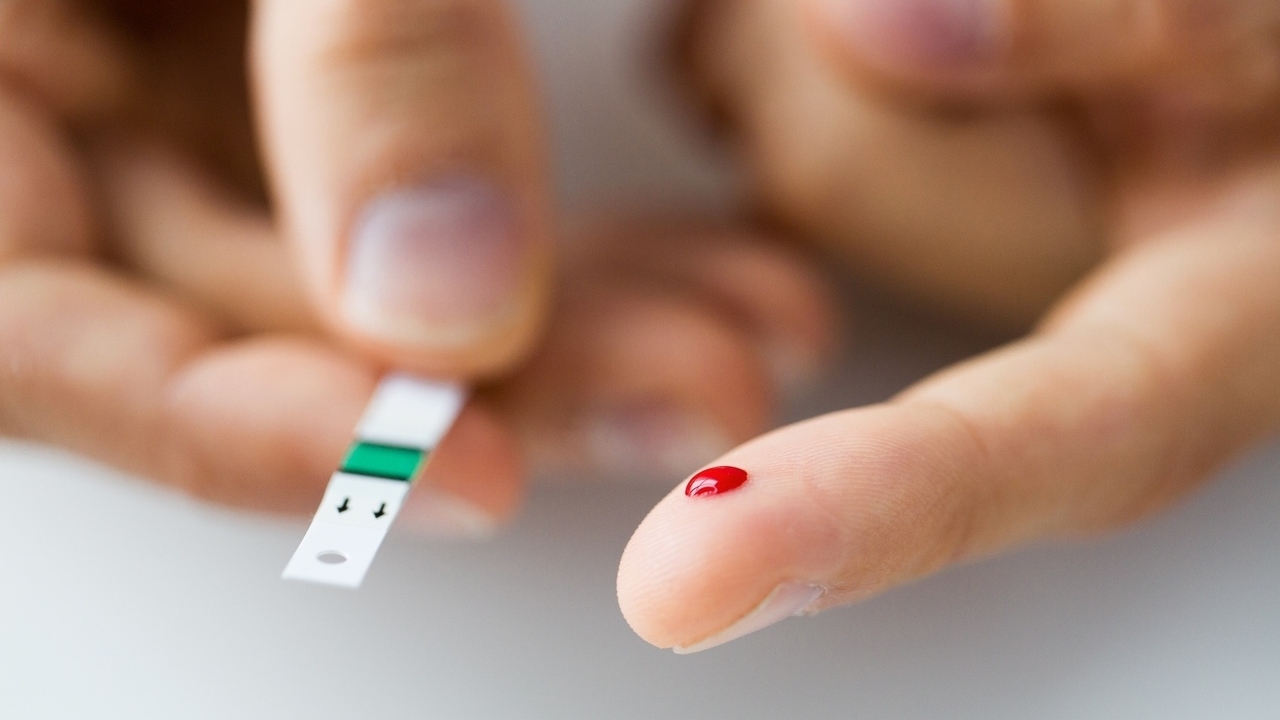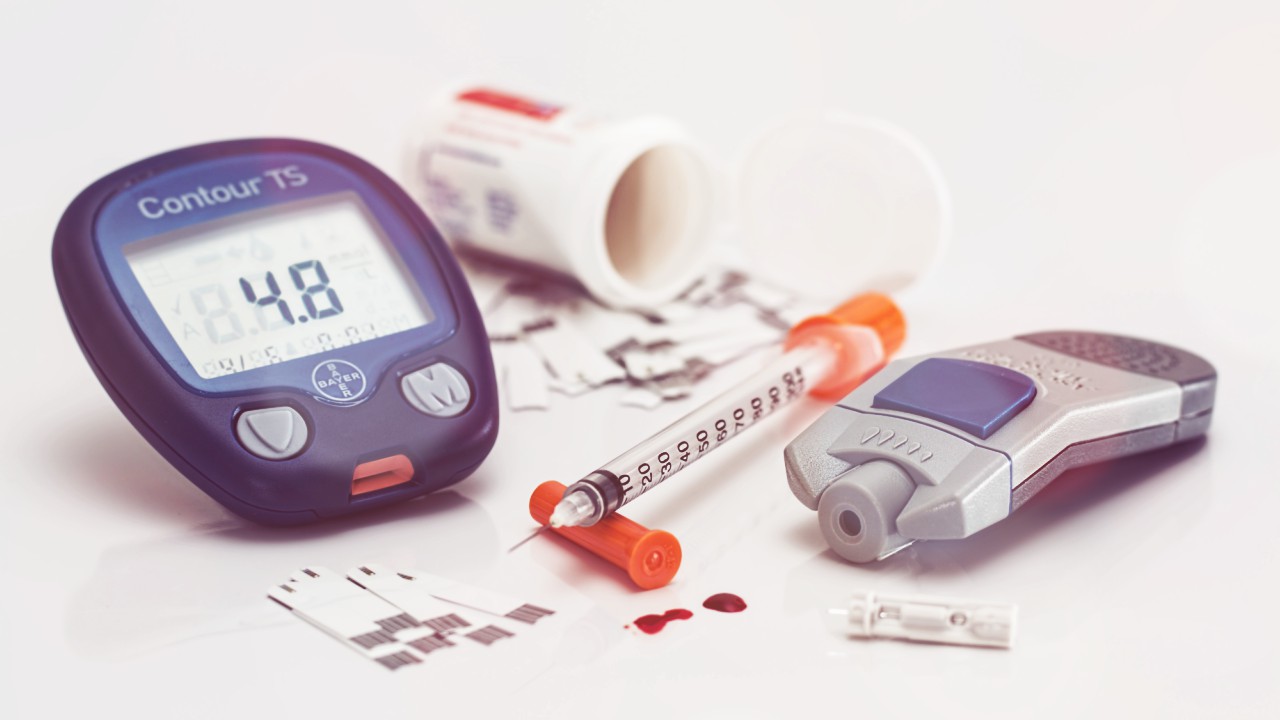 Photo: Getty Images
Photo: Getty Images
If you have diabetes, you are vulnerable to low blood sugar (blood glucose) or hypoglycemia. During a hypoglycemic event, you have too much insulin, and not enough sugar or glucose in your bloodstream.
Managing your diabetes involves managing your blood sugar levels. To this end, monitoring your blood glucose levels will be a part of your day to day life as a diabetic.
According to Mayoclinic.com, hypoglycemia is defined as blood sugar levels below 70 milligrams per deciliter (mg/dL) or 4 millimoles per liter (mmol/L). You may be more prone to diabetic hypoglycemia if you take insulin for your diabetes. It can happen if you are on oral diabetes medications as well.
Even with dedicated monitoring of your blood glucose levels to control your diabetes, however, hypoglycemia can periodically raise its head.
Symptoms of diabetic hypoglycemia will usually give you some warning. These can include feeling shaky and dizzy. You may feel hungry. Your head may ache, and you may find yourself sweating.
You may feel confused, and your mood may change suddenly, for instance you may burst into tears and not know why. You may feel irritable or anxious. Maybe your heart is pounding.
Your mouth area may tingle. You may have trouble with speech or vision.
Your muscles may be weak, and your movements may be jerky or clumsy. In severe hypoglycemic events, convulsions, seizures or unconsciousness can occur.
It is important to be alert for these symptoms because they can be life-threatening and will require immediate medical attention. It is best to carry glucose tablets or other source of food with sugar to quickly attempt to reverse the hypoglycemia
If you have diabetes, there are some things to keep in mind. Hypoglycemia can sometimes be caused by skipping meals, or eating a meal or snack that is too small or later than is comfortable. If you have engaged in more intense and longer physical activity than you are used to, hypoglycemia may occur.
Drinking alcohol can set you up for hypoglycemia, especially if you're drinking on an empty stomach. Sometimes it can happen even a day or so after you've been drinking.
A snack or meal as accompaniment for drinking alcohol can help prevent hypoglycemia. Heavy drinking can be dangerous for a diabetic.
It is helpful to stick to a regular schedule for meals and activities from day to day as much as possible. Check your blood sugar levels before you participate in physical activity such as sports or exercise.
You may need to adjust your medication if you know you'll be engaging in physical activity. Monitoring your blood glucose levels during and after physical activity can prevent hypoglycemia.
Sources:
Hypoglycemia (Low blood glucose). Diabetes.org. Retrieved Nov. 6, 2011.
http://www.diabetes.org/living-with-diabetes/treatment-and-care/blood-gl...
Hypoglycemia. Niddk.nih.gov. Retrieved Nov. 6, 2011.
http://diabetes.niddk.nih.gov/dm/pubs/hypoglycemia/
Diabetic hypoglycemia. Mayoclinic.com. Retrieved Nov. 6, 2011.
http://www.mayoclinic.com/health/diabetic-hypoglycemia/DS01166
Diabetic hypoglycemia: Symptoms. Mayoclinic.com. Retrieved Nov. 6, 2011.
http://www.mayoclinic.com/health/diabetic-hypoglycemia/DS01166/DSECTION=...
Diabetic hypoglycemia: Causes. Mayoclinic.com. Retrieved Nov. 6, 2011.
http://www.mayoclinic.com/health/diabetic-hypoglycemia/DS01166/DSECTION=...
Visit Jody's website and blog at http://www.ncubator.ca and http://ncubator.ca/blogger
Reviewed November 7, 2011
by Michele Blacksberg RN





Add a CommentComments
There are no comments yet. Be the first one and get the conversation started!